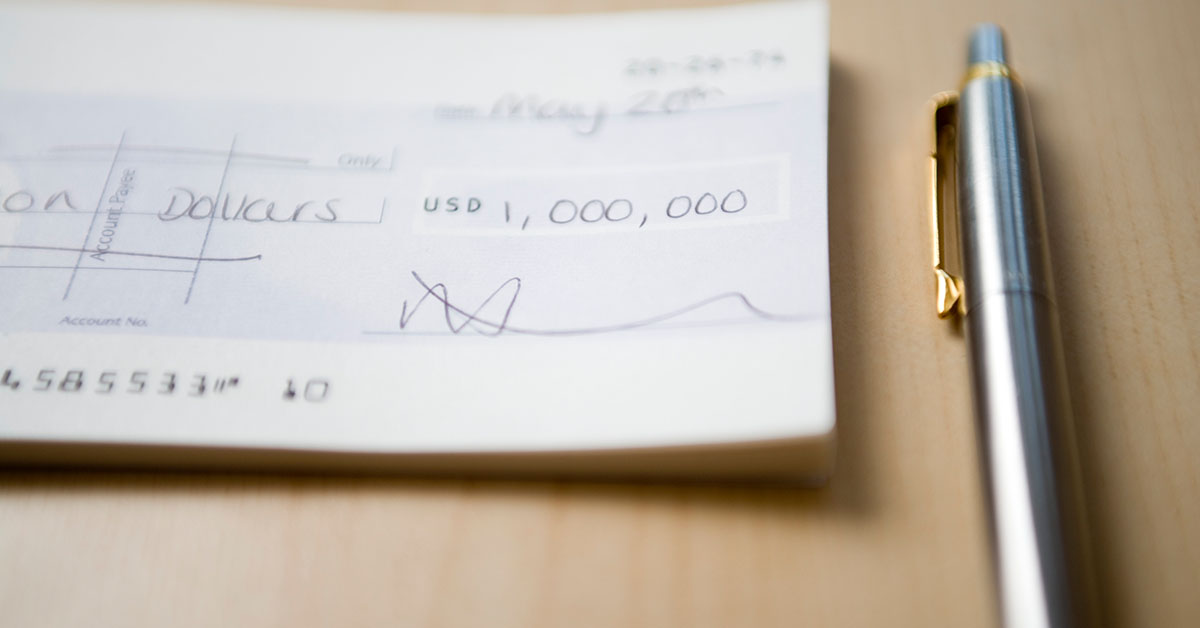After Chapter 7 bankruptcy, you’re going to want to start building your financial world again.
You’ve taken a body blow and likely aren’t in the best financial shape, and you’re looking for ways to get back on top.
Then you see it, looming on the corner – the bank.
Dare you approach it?
It depends. There are a few players in this massive chess game, and you need to be aware of them all.
Let’s review them in turn and assess the landscape.
If You Owed The Bank Money Before Your Chapter 7 Bankruptcy
First, we’ve got to deal with the bank that was a creditor in your bankruptcy case. If the debt was discharged then there’s no way that the creditor can try to collect from you, so your new funds are safe.
That being said, however, it doesn’t mean the bank is going to want to open an account for you. There’s no law of which I’m aware that forces a bank to do business with you at any time, and if you wiped out their debt in your Chapter 7 then there’s a chance this particular institution isn’t going to be too keen on working with you again.
Give it a try if it’s a particularly convenient bank, but be prepared for the chance that you’re shown the door.
Your Chapter 7 Trustee – Eyes On The Prize?
Once you file for Chapter 7 bankruptcy, a line is drawn in the sand. Property you owned at the time of the bankruptcy filing is property of the estate unless you can exempt it. Property you get after the case is filed with the court (yes, even a minute afterwards) is your free and clear with a few minor exceptions.
New money in a new bank account after your case is filed is yours. But remember that if you’re suddenly dumping a huge amount of cash into the account there’s some chance that the Chapter 7 trustee is going to start asking questions.
For example, let’s say you make $50,00 a year. You’ve got about $50 in the bank when you file for bankruptcy, and your next paycheck is going to net you a cool $1,300 give or take a bit. You file your Chapter 7 bankruptcy and, four days after the case hits the docket sheets, you deposit $10,000.
Something doesn’t add up, and you should be prepared to face some questioning about the origin of the mystery cash. Remember, part of your job in bankruptcy is to fully disclose your assets and liabilities.
If you’re simply opening up a new bank account to deposit your usual income, don’t worry. It’s not against the law to keep a bank account.
Debts Not Discharged
If you had debts that can’t be wiped out in your Chapter 7 bankruptcy, those creditors still have the ability to use legal means to attach and seize the funds in a bank account. Beware of tax debts, child support arrears, and student loans in default. Best move would be to work with those creditors before stockpiling money in a bank account.
Rule Of Reason Reigns Supreme
The bank account isn’t the deal-breaker here, it’s the circumstances surrounding it. Act wisely and you’re not going to have a problem after your bankruptcy.
Go forth and save!
Image credit: heidielliott
